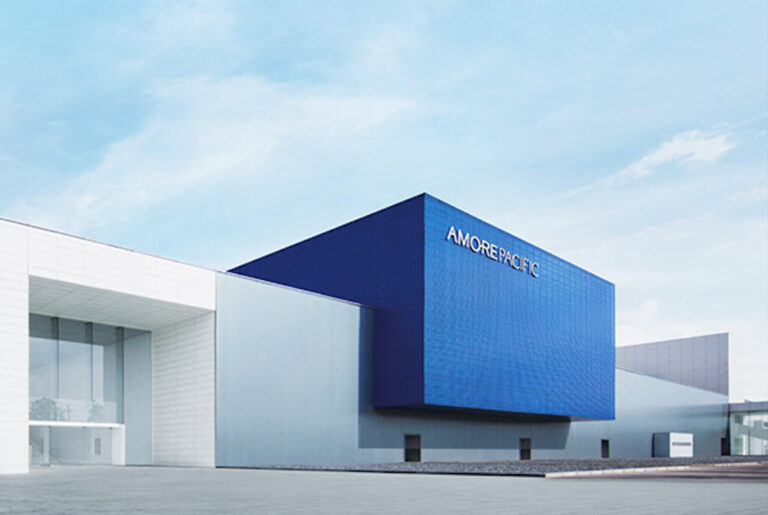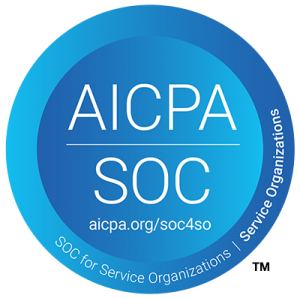Coca-Cola Beverages Africa (CCBA)
Coca-Cola Beverages Africa (CCBA) the 8th largest Coca-Cola bottling partner worldwide. In 2018, they shipped over 916 million cases throughout Southeast and East Central Africa.
Business Challenge
Coca-Cola Beverages Africa (CCBA) the 8th largest Coca-Cola bottling partner worldwide. In 2018, they shipped over 916 million cases throughout Southeast and East Central Africa.
Like many manufacturers worldwide, CCBA focuses on continuous improvement. Over the years, they’d made some progress, such as reducing stock outs from 29% in 2013 to 18% in 2016 and raising on-time in-full (OTIF) shipments from 65% to 68% during the same period. But those achievements weren’t nearly good enough for CCBA to meet the growing demands of the markets it serves.
Part of the problem was the proliferation of SKUs and product categories. From 2013 to 2016, SKUs had grown from 370 to 580 and product categories had expanded from 7 to 18. Compounding the issue of complexity, CCBA was still planning demand from forecasts, and despite their best efforts, they were unable to raise accuracy much above 68%.
Finally, the organization lacked the visibility they needed to manage replenishment well. So, like many other manufacturers that rely on forecast-driven planning, they had too much of the wrong materials and not enough of the right. Their network of planners relied on homegrown spreadsheets and judgement calls to determine what they needed to order.
“If I had to summarize DDMRP into one word it would be visibility. We are able to see, at first glance the actual status of our raw materials and finished goods, which guides us in the right direction to do replenishments in the right order.”
Solution
In 2016, CCBA decided to take a closer look at Demand Driven Material Requirements Planning (DDMRP), a replenishment methodology that aligns inventory replenishment to true market demand. By October of the same year, they started sending planners through training, setting them on the path to become Certified Demand Driven Planners. Then, in February 2017, they launched their first pilot at a bottling plant in Namibia. This plant shipped more than 14M cases annually across 135 SKUs.
In March of 2018, after holding group-wide Demand Driven Planner training, CCBA rolled out a spreadsheet-based DDMRP solution across Kenya, Uganda, Ethiopia, Ghana, and Tanzania. By September of 2018, however, CCBA decided the time had come to replace their DDMRP spreadsheets with a packaged solution that would help them streamline their DDMRP operations to achieve even greater improvements.
After a thorough investigation that included developing a solution in-house, they chose Intuiflow by from Demand Driven Technologies (formerly Replenishment+). Once again, the organization rolled the solution out in Namibia first with significant results, including a 29% reduction in total inventory within the first two months.
For CCBA, the journey continues. In the fall of 2019, the organization rolled out Intuiflow to Uganda, Mozambique, and Tanzania with additional locations planned.
Steven Wicks, Planning Manager talks about the impact DDMRP has made in Namibia.
Click here to see the webinar presenting their full journey.




